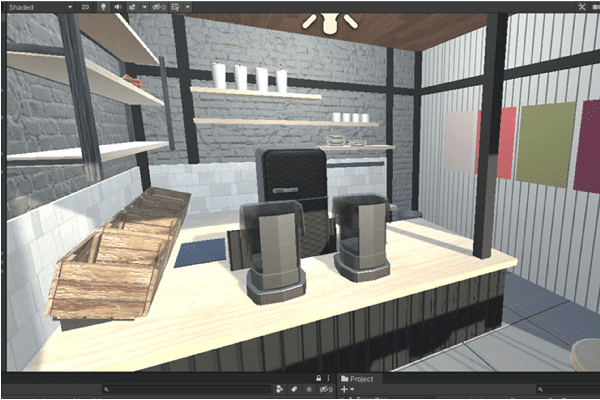Patient Experience in Adjunct Controller-Free Hand Tracking Virtual Reality Tasks for Upper-Limb Occupational Therapy Rehabilitation
Authors: Andrea Mc Kittrick, BSc (Hons) Curr. Occ, MSc Hand Therapy1, Mathilde R Desselle, Meng2, Antonio Padilha Lanari Bo, PhD3, Bianca Zhang, BEng3, Sue Laracy, BOccThy (Hons)1, and Giovanna Tornatore, BOccThy4
Journal of Patient Experience
Abstract
Benefits of immersive virtual reality rehabilitation (VRR) include increased motivation and improved transfer of skills to real-world tasks. The introduction of Oculus hand-tracking technology allowed for the development of VRR games that do not need virtual reality (VR) hand controllers. This is beneficial as participants with upper limb impairments/injuries may have difficulties with/be limited in using/manipulating VR hand controllers. In this project, a VRR game was developed and evaluated. The aim of this study was to determine patient experience when using VRR as an adjunct to upper-limb rehabilitation. N = 20 participants receiving upper limb rehabilitation completed a series of VRR tasks by playing the “smoothie bar” VRR game. After the completion of the VRR tasks, the participant experience was evaluated via a study-specific questionnaire. Key findings include 95% agreement that VRR tasks were fun and engaging and 75% agreed that VR tasks will be helpful to include in their rehabilitation. Hands-tracking VRR has a high potential to be used as an adjunct intervention in upper limb rehabilitation.

